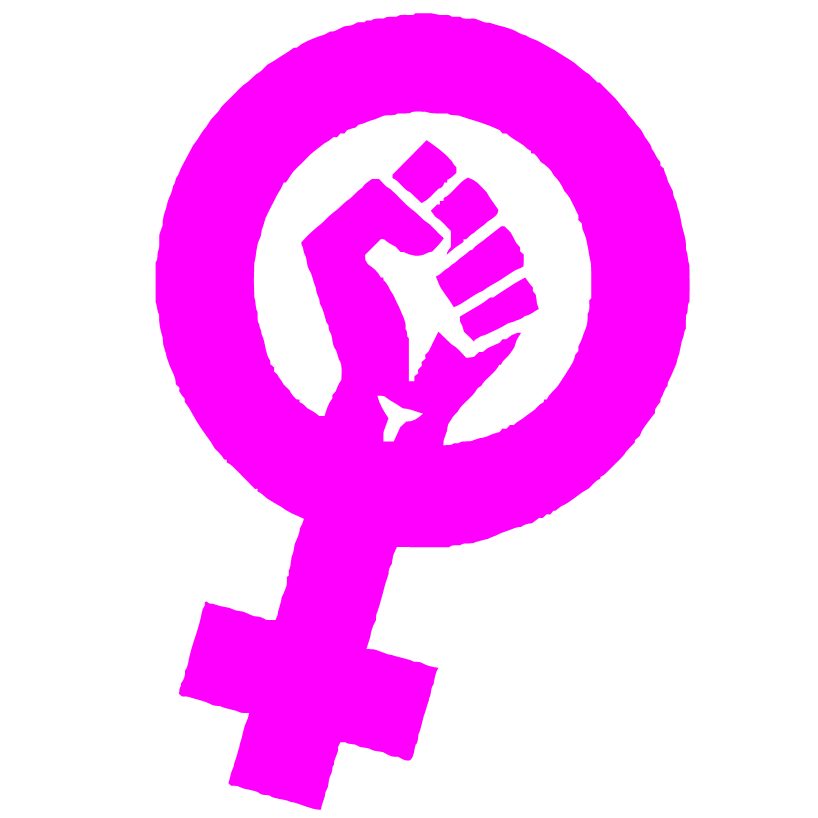(CW: chapters 4 and 5 contain explicit discussions of sexual assault)
Hello comrades, it's time for our third discussion thread for The Will to Change, covering Chapters 4 (Stopping Male Violence) and 5 (Male Sexual Being). Thanks to everyone who participated the last few weeks, I’m looking forward to hearing everyone’s thoughts again. And if you’re just joining the book club this week, welcome!
I'll be sharing my full thoughts later as there's quite a lot of unpack in these chapters.
In Ch.4 hooks delves into how patriarchal repression of men's emotional worlds most often manifests as violence and rage, especially against women and children, and how patriarchy conditions both young boys and young girls to perpetuate the cycle. Ch.5 explores how patriarchal attitudes extend to the bedroom and twist our popular conceptions of sexuality, sexual fulfillment, and physical and emotional satisfaction.
If you haven't read the book yet but would like to, its available free on the Internet Archive in text form, as well as an audiobook on Youtube with content warnings at the start of each chapter, courtesy of the Anarchist Audio Library, and as an audiobook on our very own TankieTube! (note: the YT version is missing the Preface but the Tankietube version has it)
As always let me know if you'd like to be added to the ping list!
Our next discussion will be on Chapters 6 (Work: What's Love Got To Do With It?) and 7 (Feminist Manhood), beginning on 12/18.
edit: the previous post didn't have the proper links to the pdf book and audiobooks, sorry for that

In chapter 4 hooks brings up another example of how masc views on violence are directly shaped by patriarchy, similar to the story about the survey earlier in the book:
Very interesting to read in the wake of MeToo and #NotAllMen, even 20 years ago hooks was calling out the self-centered dorks who refuse to listen to women who’ve been saying with their whole chests how bad sexual violence is. This is another of those passages that I wish all mascs would read to understand that even if you have relatively good intentions, even if you are not an SA'er or a violent misogynist, you are not immune to patriarchal brainworms, especially if you haven’t made the effort to purge them.
Her description of how patriarchal mothers shape their sons’ worldviews is particularly fascinating to me:
Reading this made something click in my head. Women married to patriarchal men and even single mothers who haven’t excised their patriarchal brainworms play a key role in perpetuating the culture, a point which hooks has made many times already but seeing a clear example laid out like this just makes it all make so much more sense. The anecdote about young boys watching Incredible Hulk and saying they’d “smash their mommies” is pretty horrifying and illustrates the point so distinctly. And she makes it clear that it's the responsibility of both men and women to work towards ending this cycle of “normal traumatization”.
bell hooks says gossip saves lives and she’s entirely correct
This genuinely scares me as someone who is currently single but someday desires a loving long term relationship. The people in my life describe me as a kind, gentle and loving person, but what if all the negative emotions and pain I haven’t been socially allowed to process become too much to handle and I lash out? I want to say I don’t think I would ever become a patriarchal rage monster but the fact that it’s even possible is terrifying. When men bow at the altar of their patriarchal conditioning they’re not just hurting themselves emotionally but they’re putting everyone else around them (especially femmes) at risk, even if they have “good intentions”, whatever that means.
I connect so much with hooks’ description of how even if a man is able to fully embody the patriarchal dominator role, it’s not a satisfying existence, it’s actually soul-crushing and lonely as fuck. When I was a kid and I was trying (and failing hard) to be more macho and “dominating”, I figured out very quickly that it only made me miserable, compounded by the fact that I was a nerdy little sensitive boy who just couldn’t make that facade work. I’m extremely thankful I saw through the bullshit early on in my life because I can’t imagine putting on a front like that every single day of my life just to score social points from shitheads.
I’ll share my thoughts on chapter 5 later as I found that to be quite a heavy read that I want to process more first.
I had a very difficult 2024 and I feel this statement. I did some major reverting to stoicism and hiding things due to times of stress. I said I did it because I wanted to protect my partner but it was just retreating to pre-learned behaviors. I have noticed it in hindsight and need to keep an eye on it in the future
This fear is a good things to have. Bad people don't believe that they are bad people and aren't afraid of their behavior. They do something bad and then justify it after the fact. Or downplay how bad it is by saying everyone else is doing it. We need to understand that all of us have a dark shadow and the capacity to do something bad. By understanding that we could potential do something bad we can choose to not do that. Find ways to release the negative emotions by acknowledging them and feeling them even if they hurt. This is much easier said than done. But thinking critically about your life, your behaviors and upbringing is part of that.
The quote about boys who watched The Incredible Hulk wanting to, "smash their mommies" will probably live in my head forever because of how shocking it was to hear yet also making perfect sense.
I never thought about the rage of The Incredible Hulk as being a patriarchy thing. It does make sense though because I think all men (maybe everyone) has some rage inside of them. It makes sense since its the only "appropriate" emotion for men.
It goes with the maxim that the world would be a better place if Men could feel sadness and Women could feel anger. Since neither is allowed this